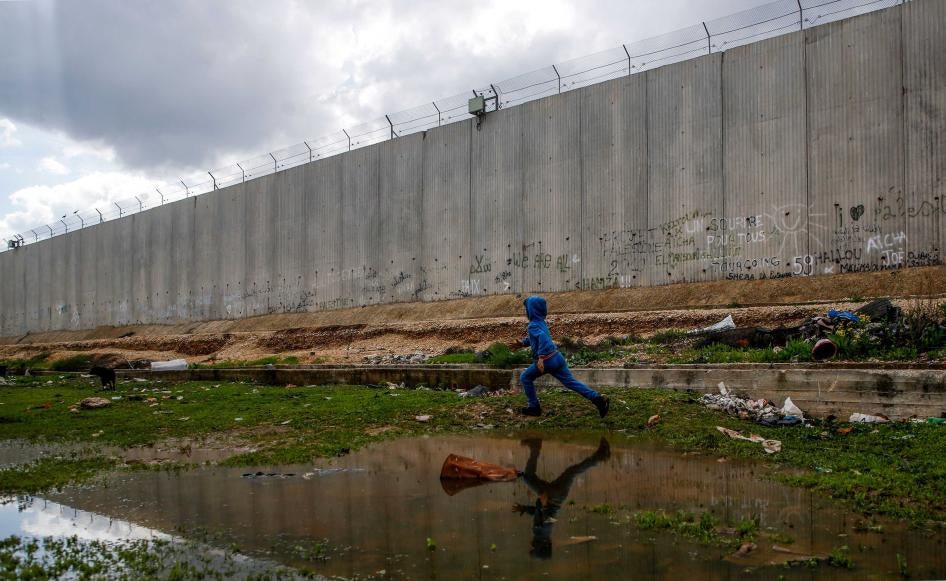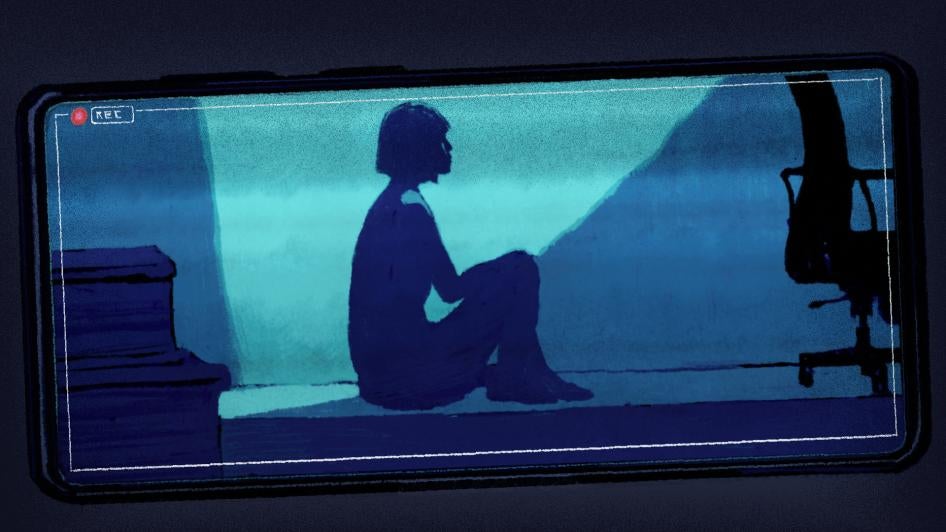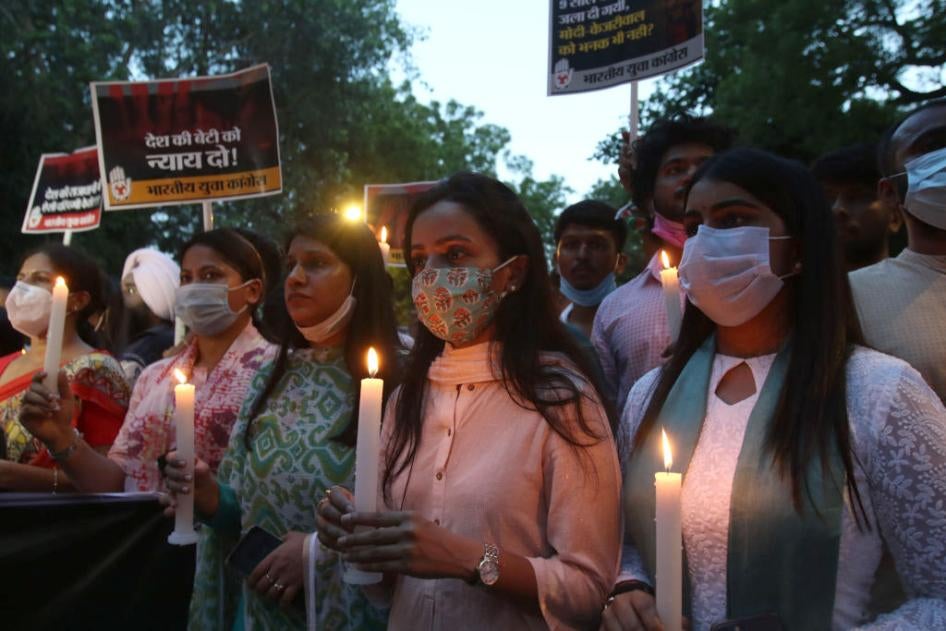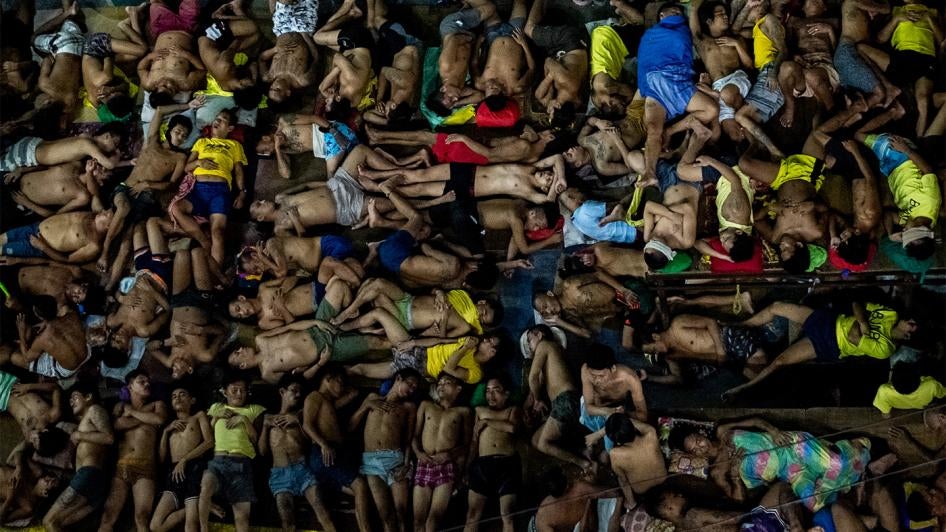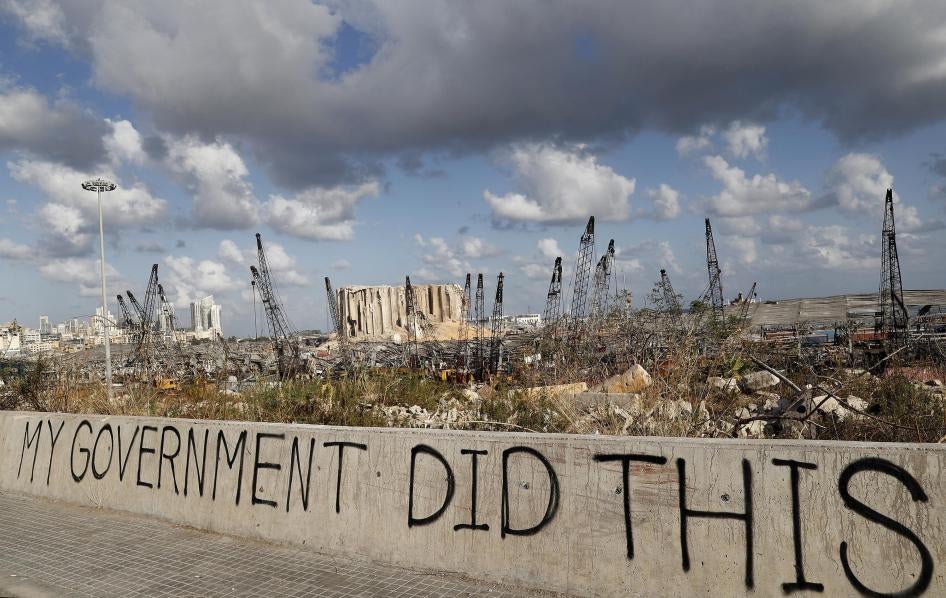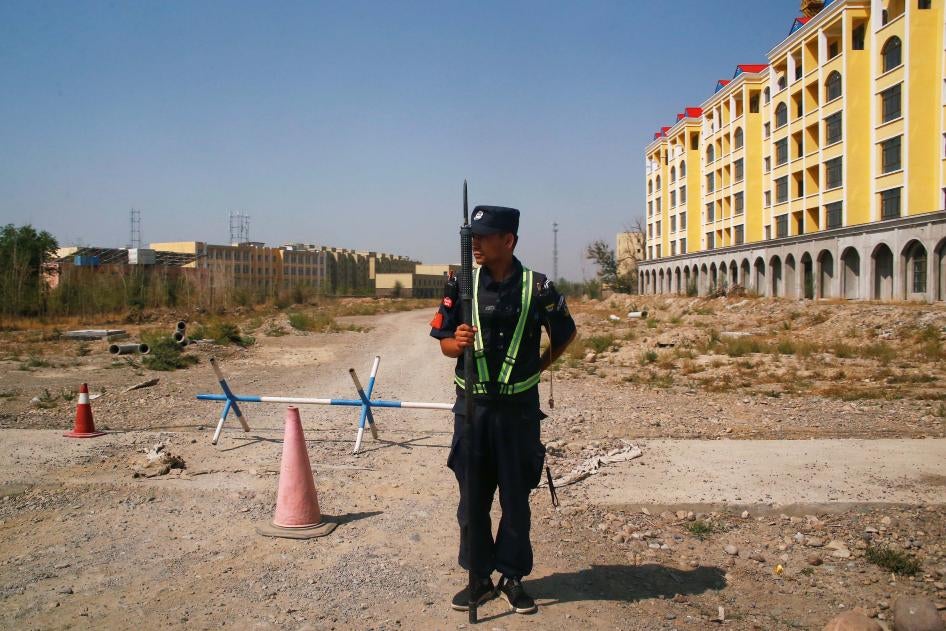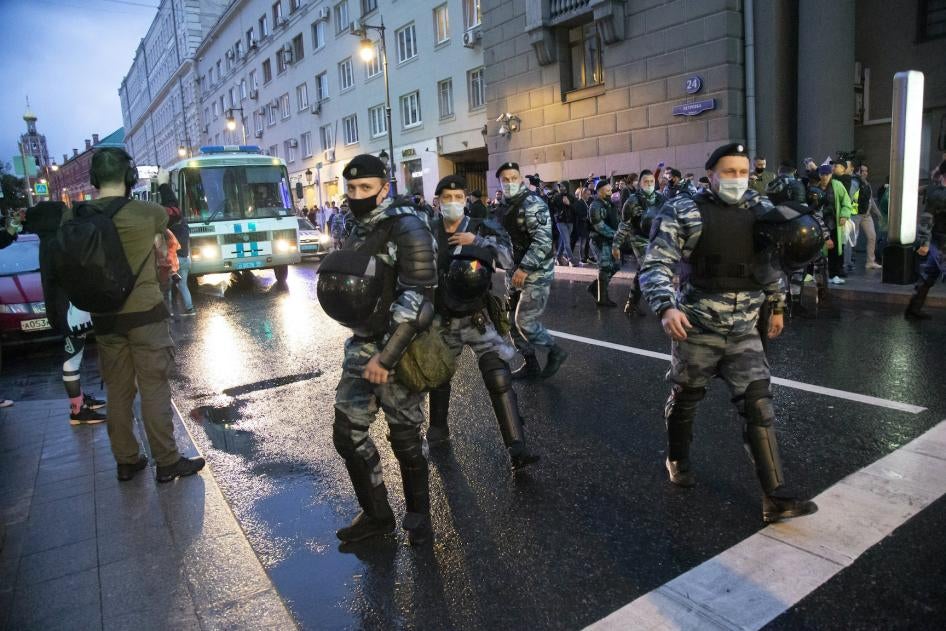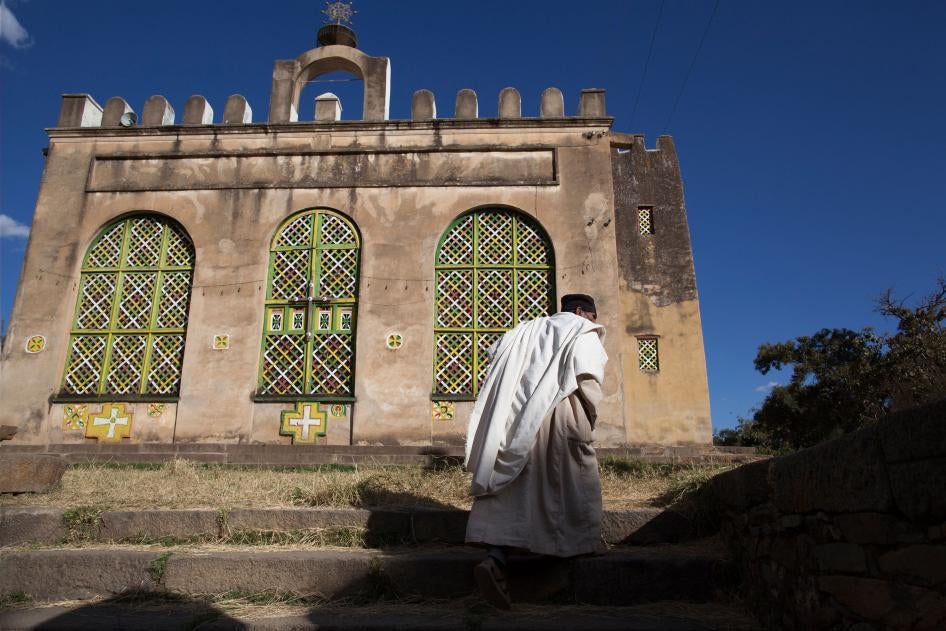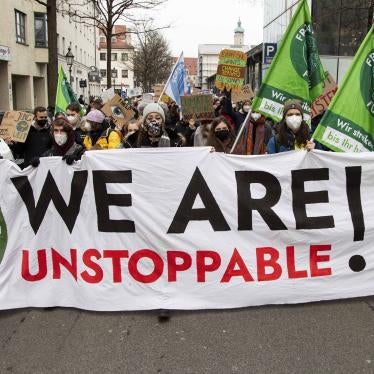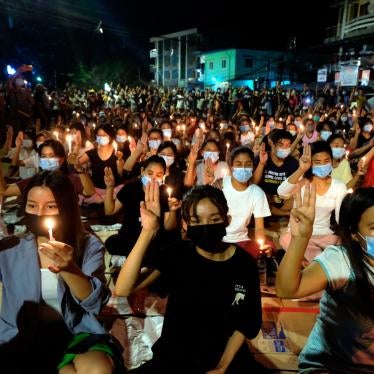As in 2020, the Covid-19 pandemic continued to dominate headlines in 2021, and we continued to cover the response from governments around the world, some of which used restrictions in the name of public health to clamp down on essential rights.
But through the year, we covered much more. From a blockbuster report detailing Israeli authorities' crimes of apartheid and persecution against millions of Palestinians, to crimes against humanity in Xinjiang, to the Taliban's takeover in Afghanistan and its disastrous impact on women's rights, these were the most-read stories on our site this year.
1. A Threshold Crossed: Israeli Authorities and the Crimes of Apartheid and Persecution
In April, Human Rights Watch released a report that meticulously documents how Israeli authorities are committing the crimes against humanity of apartheid and persecution.
2. "My Life is Not Your Porn": Digital Sex Crimes in South Korea
This June report on South Korea looked at the widespread posting of sexual images of women and girls on the Internet without their consent and the devastating impact it has on the victims. Despite legal reforms, women and girls targeted in digital sex crimes face significant difficulty in pursuing justice, due in part to officials not understanding or accepting that these are serious crimes.
3. Indian Girl's Alleged Rape and Murder Sparks Protests
Protests over sexual assault took place in India’s capital, Delhi, in August after a 9-year-old Dalit girl was killed. Her family alleged she was raped and murdered while fetching water. Protests over incidents of gender-based violence have occurred regularly in India over the last decade, as the number of reported rapes remains extremely high and the government continues to fail to implement rape laws effectively.
4. Philippines 'Drug War' Killings Rise During Pandemic
When we looked back at the Philippines' response to the Covid-19 pandemic in 2020 for our last World Report, we found that “Drug war” killings increased by more than 50 percent during the early months of the pandemic, as the Duterte administration appeared to take advantage of Covid-19 curfews to expand its gruesome and bloody campaign.
5. "They Killed Us from the Inside": An Investigation into the August 4 Beirut Blast
This report, released one year after the August 4, 2020 explosion in Beirut's port that killed 218 people and rocked Lebanon, details evidence that shows that the explosion was caused by the actions and omissions of senior Lebanese officials who failed to accurately communicate dangers at the port following years of corruption and mismanagement.
6. US Congress Advances Slavery Reparations Bill
In April, the United States Congress took a huge step by announcing a vote on H.R. 40, a bill that would establish a federal commission to study the legacy of slavery in the United States and its ongoing harm and develop proposals for redress and repair, including reparations.
7. List of Taliban Policies Violating Women's Rights in Afghanistan
After the Taliban swept back into power in Afghanistan in August, it quickly became clear that women's rights were in trouble. Around the country, reports of restrictions on education, employment, and freedom of movement began almost immediately. In September, we began compiling a rolling list of these violations.
8. "Break Their Lineage, Break Their Roots": China's Crimes Against Humanity Targeting Uyghurs and Other Turkic Muslims
This report concluded that the Chinese government is committing crimes against humanity in the northwest region of Xinjiang and presented evidence that the Chinese leadership is responsible for widespread and systematic policies of mass detention, torture, and cultural persecution, among other offenses.
9. Covid-19 Triggers Wave of Free Speech Abuse
This February report found that at least 83 governments worldwide have used the Covid-19 pandemic to justify violating the exercise of free speech and peaceful assembly, with authorities having attacked, detained, prosecuted, and in some cases killed critics, broken up peaceful protests, closed media outlets, and enacted vague laws criminalizing speech that they claim threatens public health.
10. Ethiopia: Eritrean Forces Massacre Tigray Civilians
Finally, amid continuing coverage of the ongoing conflict in Ethiopia's Tigray region, we reported in March on a November 2020 massacre in which Eritrean forces fatally shot and summarily executed several hundred residents of the town of Axum, mostly men and boys, over a 24-hour period.
